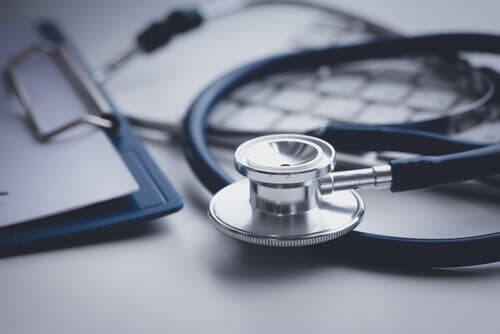Prescription Opioid Addiction, Effects, & Treatment
What Are Prescription Opioids?
Prescription opioids are a type of medication that is used to treat moderate or severe pain.1,2 People with cancer, severe injuries, post-surgical pain are often prescribed opioids.
Chronic pain can also be treated with prescription opioids, but nonpharmacologic therapy and nonopioid pharmacologic therapy are preferred given the risks associated with long-term opioid use.1,3 These medications are legal when prescribed by a medical professional and used as directed but have a high potential for misuse.4
Opioid receptors in the brain, spinal cord, and throughout the body transmit pain signals.3, 4 Prescription opioids bind to these receptors and diminish pain signals that are transferred between the body and brain, thereby reducing the sensation of pain.3,4 Opioids can also can produce feelings of pleasure and relaxation.3,4
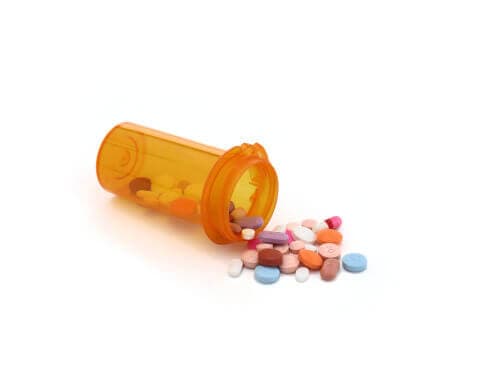
Signs of Opioid Use Disorder
Opioid use disorder (OUD)—or opioid addiction—is characterized by the continued use of opioids despite significant negative impact on someone’s life. OUD is a disease that’s diagnosed by a medical or clinical professional according to the specific criteria outlined in the Diagnostic and Statistical Manual of Mental Disorders (DSM-5).8

Effects of Opioid Misuse
Even if opioid medications are taken as prescribed, they can cause a variety of side effects.1,4 Opioid side effects can be unpleasant, although some may subside over time.1,3,4
Misusing prescription drugs can increase the likelihood and severity of experiencing dangerous health effects.4
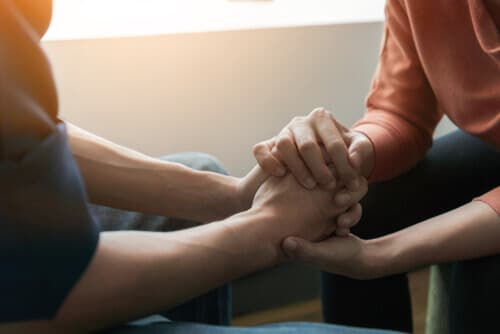
Opioid Withdrawal & Detox
Someone who misuses opioids chronically for an extended period will likely experience withdrawal when they quit or reduce their opioid use.9,14
Inpatient or residential medical detox from prescription opioids allows you to withdraw safely in a setting that is monitored by medical staff to ensure your safety and make the process as comfortable as possible.12 Medications are commonly provided to suppress or eliminate symptoms, control cravings, and make the withdrawal process as comfortable as possible.3,12
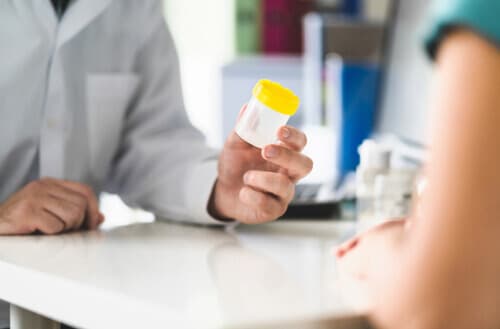
Opioid Overdose Risks
It’s possible to overdose on prescription opioids and is more likely to occur if the medication is being misused.3,4 A potentially fatal overdose can occur after taking just a single high dose of opioids, especially when combined with other depressants such as alcohol or benzodiazepines.3,4
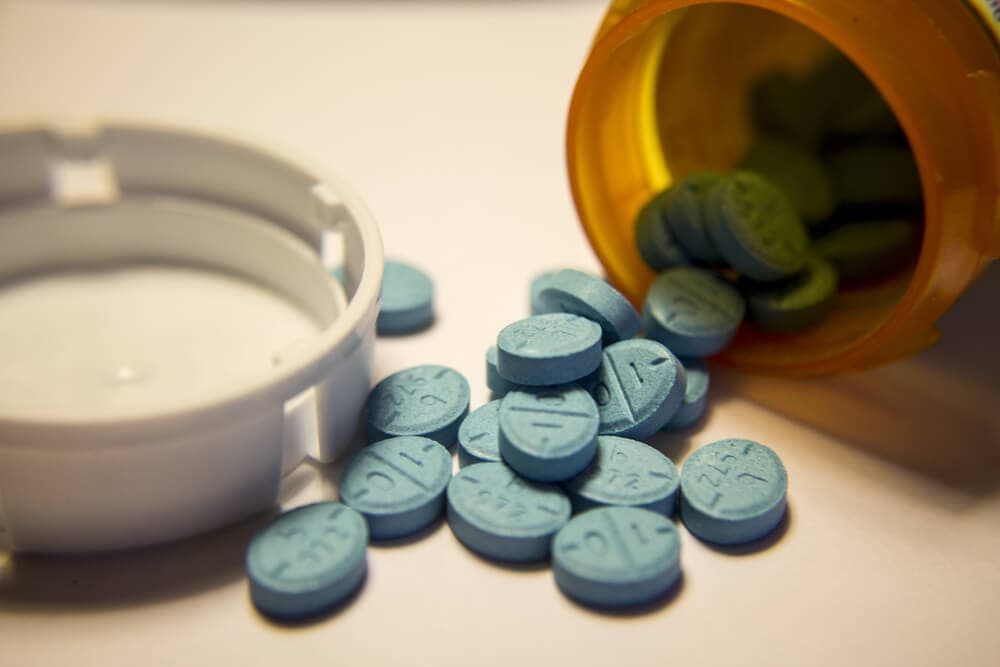
Rehab for Opioid Addiction
It’s possible to detox and recover from an opioid use disorder. Opioid addiction treatment may involve one or more types of behavioral therapy as well as medications for opioid use disorder (MOUD).12
Opioid addiction treatment centers may offer the following therapies as part of a comprehensive treatment program:3,12,13,14

Opioid Addiction Recovery at Oxford Treatment Center
Our addiction treatment facility in Oxford, Mississippi provides all stages of care for opioid recovery, including detoxification, several options for inpatient and outpatient treatment, evidence-based therapies, and even aftercare, support groups, and an alumni program. Plus, you may be able to use health insurance to pay for addiction treatment. Take the next step by checking your insurance coverage.
It’s never too late to reach out for help. If you or someone you love is struggling with the devastating side effects of addiction and are unsure of where to turn, call us today at . Oxford Treatment Center, American Addiction Centers’ drug rehab center in Mississippi, is ready to help you get the treatment you need today.
